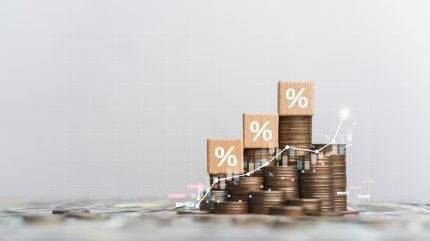
China’s international investments in clean energy technology have surpassed $100bn (701.83bn yuan) since the start of 2023, according to a new report from Australian research group Climate Energy Finance (CEF).
The report highlighted that China’s investments into cleantech are more than double that of the US or the EU.
CEF explained that Chinese companies have diversified their portfolios across the world as they look to avoid tariffs from the US and other countries attempting to keep the Asian nation in check.
China is the leading producer and exporter of various energy products including solar modules, lithium batteries and electric vehicles (EVs).
The report said that the country’s deployment, export capabilities, innovation, investment, manufacturing, and research and development for green technologies are “world leading by an astonishing margin”. The country’s dominance in cleantech supply chains has triggered a series of tariffs from western nations that were concerned by Chinese products driving down prices and undermining competitors.
The US and Canada have already implemented 100% import tariffs on Chinese EVs, while the EU is set to vote to implement similar regulations this week.

US Tariffs are shifting - will you react or anticipate?
Don’t let policy changes catch you off guard. Stay proactive with real-time data and expert analysis.
By GlobalDataUS imports on Chinese solar panels and lithium batteries are also subject to tariffs of 50% and 25%, respectively, and the EU has launched multiple investigations into Chinese wind turbine suppliers and solar panel manufacturers.
CEF analyst and co-author of the report Xuyang Dong explained that private Chinese companies have been strategically investing abroad to “circumvent trade barriers”.
For instance, China’s leading EV manufacturer, BYD, is constructing a $1bn plant in Turkey to avoid proposed EU tariffs of nearly 40%. Chinese battery producer CATL is planning to do the same with its proposed factories in Germany and Hungary.
Chinese officials have actively spoken out about the tariffs, claiming that such restrictions on the country will affect global efforts to combat climate change.
Matthew Oxenford, senior analyst at the Economist Intelligence Unit, told Investment Monitor in July that Western initiatives to block Chinese imports were “protectionism disguised as environmentalism”.



